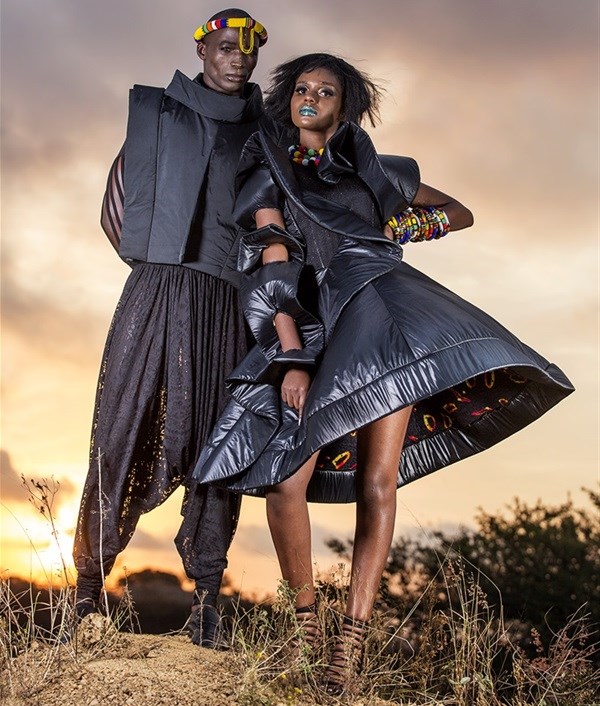
Related

SolarAfrica’s David McDonald: 5 realities shaping the energy market in 2026
David McDonald 28 Jan 2026





Top stories






More news


Marketing & Media
Ads are coming to AI. Does that really have to be such a bad thing?














This year’s event, which takes place between 19 and 22 September at the Durban ICC, will showcase the work of 40 South African designers and nine designers from the rest of the continent.
Each year, young talent is handpicked and mentored in order to make their debut into this tough sector a little easier. This year, 20 mentees participated, and approximately 200 young designers in total have completed the DFF mentorship programme. While there are some big names and established designers such as Amanda Laird Cherry, Karen Monk Klingstra and Chu Suwannapha included, the largest portion of participating designers are under 35.
The DFF, which is hosted by the eThekwini Municipality, was launched in 2012 as part of the Durban Business Fair. It began with just six shows and 12 designers on a single evening and has since grown into a four-night standalone event that culminates in the DFF Recognition Awards, which not only commend established players but identify and reward future talent.
The theme for this year’s event is Afrofuturism, and Mayor of the eThekwini Municipality, Cllr Zandile Gumede says she is proud of the mentorship programme that culminates in the DFF.
“We hear about the unfolding of the Fourth Industrial Revolution and the impact of technology and disruption on companies. But, sometimes, it is also good to start with the basics and inculcate a belief in the future of the African fashion industry in our youth. We may not have many large clothing manufacturers to snap up our new talents but we do have a spirit of entrepreneurship that is alive and well and could create thriving new businesses going forward,” she says.
Because of the importance of imparting both strong technical and business skills, this year’s DFF will again be running alongside the Durban Business Fair. “During the day, the combined event will focus on the business programme. In the evenings, it will focus specifically on fashion. We will have an average of four fashion shows over four days,” Gumede explains.
The future of the fashion industry in Durban relies on developing support for locally produced clothing rather than a continued pre-occupation with imported brands.
“The DFF is an important tool to showcase local talent and show the consumer the ability, the creativity, the quality and the pricing of locally produced garments,” says Greg Wallis, who's the owner of D&G Apparel and is heading up this year’s mentorship programme.
Given that there are also indications that local retail chains are also returning to shopping locally, it is important to prepare young talents to seize opportunities. Wallis attributes the uptick in local manufacture down to a poor rand-dollar exchange rate, reduced incentives for exports from the government of China where the majority of imports originate, higher domestic demand in China and long lead times to get orders on to shelves in South Africa.
“We can turn this to our advantage. By transferring skills and training young people, the catch-up can begin,” he says.
Wallis believes that even in a flat economy where disposable income is constrained and spending on fashion is low, newcomers and existing members of the industry can do well.
An example of a Durban designer generating job opportunities through his work is Mxolisi Mkhize from House of St Luke, who made an entrance at the DFF 2012. In just six years, Mkhize has created jobs for an illustrator, pattern maker, a personal assistant and three cutters and machinists.
Meanwhile, Treasure Cindi, who participated in 2012/2013, also shares the business benefits with others.
“When I joined, I was fresh out of varsity. The programme exposed me to the real and actual world of fashion and textiles. Through the DFF mentorship programme, the 'Treasure Cindi' brand is now well known in Durban and around KZN. Every year, I take on one or two fashion interns from the fashion schools in Durban and I mentor them for four to six weeks during their school breaks. That way, I can show them how it really is in the real world and what to expect after graduating,” she says.